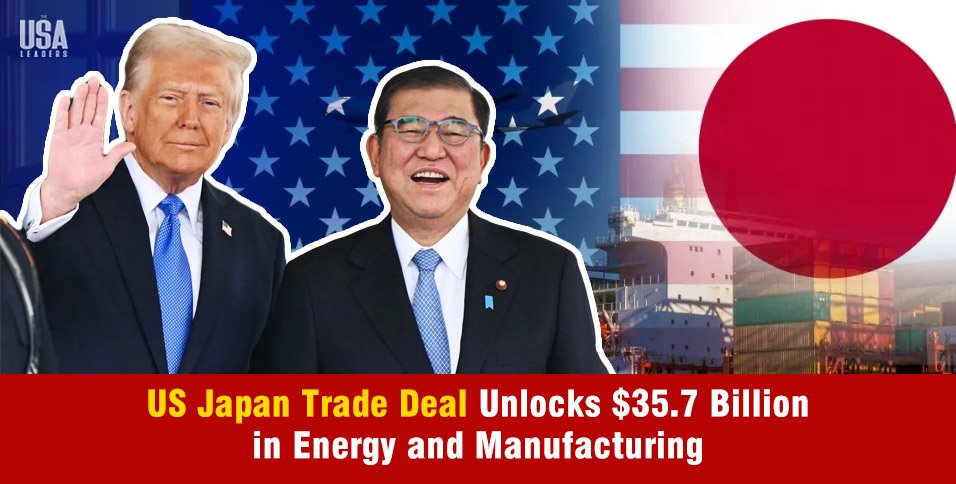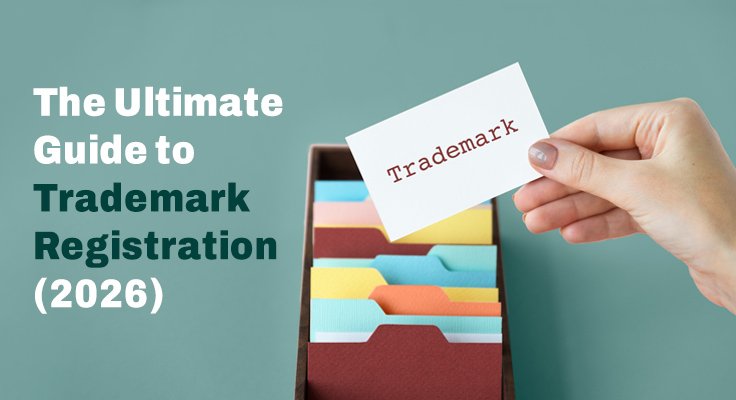The USA Leaders
14 May 2025
Dubai – In a rapidly digitizing world, the Middle East is no longer just about oil it’s now also about chips, and we’re not talking falafel. The Middle East AI chip deals are making global headlines, and the timing couldn’t be more strategic with Donald Trump’s high-profile visit underscoring an apparent pivot in U.S. tech diplomacy.
In the backdrop of shifting global alliances and tech power plays, America’s tech giants like Nvidia, AMD, and Qualcomm are penning billion-dollar chip deals with Saudi Arabia and the UAE, nations aiming to become the next global hubs of artificial intelligence.
But Middle East AI chip deals aren’t just a flurry of flashy announcements. It’s a calculated move geopolitically, technologically, and economically. And it could reshape the global AI market as we know it.
The AI Gold Rush Hits the Gulf
The Middle East, particularly Saudi Arabia and the United Arab Emirates (UAE), has quickly emerged as a hotbed for major artificial intelligence chip deals. This isn’t pocket change; we’re talking multi-billion-dollar commitments from heavy hitters like Nvidia and AMD. These deals aren’t happening in a vacuum; they are integral to ambitious national visions aimed at diversifying economies away from hydrocarbons and staking a significant claim in the future of technology.
Who’s Buying What: Key Players and Billion-Dollar Deals
The scale and scope of these Middle East AI chip deals are noteworthy:
Saudi Arabia: New Ground of AI Dominance
The Kingdom’s sovereign wealth fund has launched Humain, a new AI startup positioned right at the center of the action.
- Nvidia and Humain: Nvidia is set to supply “hundreds of thousands” of its cutting-edge AI chips to Humain over five years, starting with 18,000 ’Blackwell’ chips. The goal? Powering massive new AI factories with significant energy capacity to establish Saudi Arabia as a global leader in AI and GPU cloud computing.
- AMD and Humain: Not to be outdone, AMD has inked a substantial $10 billion collaboration with Humain. This partnership will provide CPUs, GPUs, and software, ensuring Humain builds a diverse and resilient AI cloud platform, avoiding vendor lock-in.
- Qualcomm and Humain: Adding another layer, Qualcomm signed a memorandum of understanding with Humain to develop data center central processors (CPUs), leveraging its expertise in server technologies.
United Arab Emirates: The UAE is also making aggressive moves.
- Nvidia and G42: Reports indicate the US administration is negotiating a deal allowing the UAE to import up to 500,000 of Nvidia’s most advanced chips annually until 2027. A significant portion is earmarked for G42, the UAE’s leading AI firm, with the rest potentially supporting US-led data center projects.
- OpenAI Expansion: OpenAI is reportedly eyeing the UAE for significant data center capacity, signaling potential expansion in the region, coinciding with visits by US tech leaders.
Other Major Announcements: The momentum extends beyond chips:
- Cisco and G42: Cisco Systems is deepening its partnership with G42, combining global tech expertise with the UAE’s AI ambitions.
- Saudi DataVolt Investment: In a reciprocal move, Saudi firm DataVolt plans a $20 billion investment in AI data centers and energy infrastructure in the United States, highlighting a two-way street for AI investment.
- Alphabet-backed STV Fund: Saudi venture capital firm STV, with backing from Alphabet, launched a $100 million AI fund specifically for early-stage startups in the MENA region.
Why the Trump Team Thinks This Is Smart
This isn’t just tech—this is tech diplomacy. By approving these chip exports and lifting the Biden-era restrictions on AI chip diffusion, Trump’s team is doing more than just making friends. They are:
- Countering Chinese tech influence in the Gulf
- Securing U.S. tech dominance in a strategically important region
- Opening new markets for U.S. chipmakers amid global demand spikes
In short: keep the chips American, keep the allies close, and make money while at it.
Impact on the Global AI Market: Bigger than You Think
- Faster Global AI Rollout: The addition of thousands of high-end GPUs in the Middle East accelerates AI infrastructure growth worldwide. Expect faster, cheaper, and broader deployment of AI tools globally.
- New Innovation Hubs Emerge: Until now, AI investment was a U.S.-China game. The Gulf is now a serious third player, backed by sovereign wealth and big-tech partnerships.
- Chip Demand Explosion: With hundreds of thousands of chips heading East, global chip supply chains will need to adapt—fast. Prices, production, and innovation cycles may all feel the ripple effects.
- Shift in AI Policy Dynamics: As the Gulf nations build sovereign AI capabilities, expect them to play a bigger role in shaping global AI ethics, governance, and regulation.
What’s the Catch in Middle East AI Chip Deals?
While the deals glitter with billion-dollar potential, real-world challenges loom large:
- Talent Crunch: There’s a severe shortage of skilled AI professionals in the region. Big hardware means little without the right minds.
- Regulatory Gaps: Lacking unified data governance frameworks could stall or sabotage projects.
- Geopolitical Tightropes: Balancing partnerships with both the U.S. and China may backfire.
- Human Rights Concerns: Surveillance tech, facial recognition, and authoritarian governance pose ethical questions.
- Integration Issues: Legacy systems, organizational inertia, and lack of strategy often derail AI implementations.
Final Word: Silicon Over Sand
The Middle East AI chip deals aren’t just regional footnotes; they are global headlines. They signal a future where the Gulf is no longer a passive market but an active AI player. With America’s top chipmakers at the table and Trump’s team changing the rules of engagement, this is no longer about exporting oil—it’s about exporting intelligence.
These aren’t just deals. They’re declarations.
And the real question now is: Who’s next to play?
Also Read: AI Chip Export Curbs to be Revoked by the Trump Administration: Who’ll Benefit in 2025?





























